Sheets to Lull To
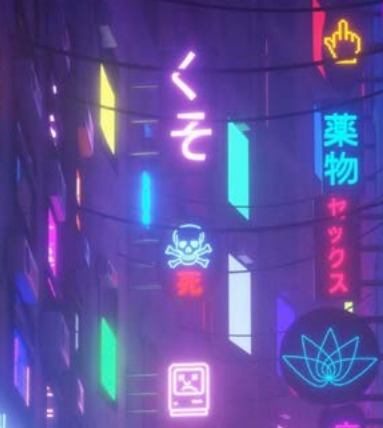
Listen along to the playlist accompanying this article here.
What is Lo-Fi?
Music spawns countless genres, with new ones popping up by the dozens every few years. Among the genres to come to prominence in the last few years, lo-fi stands out as one of the more “un-interesting” ones. It isn’t bizarre, avant-garde, nor is it dominating the top 40. It doesn’t have any artists who constantly make headlines for their fashion or relationships.
It begs the much more “interesting” question, why is such a seemingly niche genre enjoying growing popularity?
Lo-fi, short for ‘low fidelity’ is a genre of music drawing largely on hip-hop, with elements of sampling, classic old school drum machine sounds, unquantised drums, slightly detuned synths, repetition, and repetition.
While the term ‘lo-fi’ alone can also be used to describe aspects of the sound of genres like garage rock (à la the Black Keys or the White Stripes), and avant-garde recordings (John Cage), it’s also taken life in the form of this relaxed sound which lulls on in the background of many a vlog on the interwebs. Used in isolation when referring to music, ‘lo-fi’ has become synonymous with ‘lo-fi hip hop’.
What is different?
Most genres of music aim to grab your attention and move you, or to make you move. Lo-fi established itself as a genre whose aim is to not draw too much attention, as demonstrated by the title of the largest lo-fi live stream on the internet, ChilledCow’s 24×7 “lo-fi hip hop radio – beats to relax/study to”.
They’re repetitive, relaxed and laid-back beats, with rarely any comprehensible lyrics, to be played without needing to pay attention, as filler, think Phillip Glass meets J Dilla.
Simply put, lo-fi hip hop is this generation’s elevator music, well suited for late-night study sesh’s, or other questionable activities best appreciated with a calm ambience. lo-fi has existed in some way or form for a long time, but has recently attracted a large following.
There’s also the element of the music responsible for its name, the low audio fidelity. On most lo-fi songs, you can hear the vinyl crackle (near certainly added on a computer), and often the mechanical noise and slight detuning one would expect from an old gramophone record. Musicians go to such great lengths to do this because it became clear that having the most “perfect, clean sounds” didn’t necessarily make the music any better. People like these imperfections, the underlying reason is anyone’s guess really. Maybe it’s because they mimic the imperfections that we as humans have. Life’s wonky so it feels good when art is too, perhaps.
A bit of History
Once upon a time, ‘lo-fi’ was a lesser-used term in favour of the genre of music also known as ‘home recording’ or ‘DIY’ music, which is arguably completely distinct from today’s ‘lo-fi hip hop’. This was around right after the Beach Boys had pioneered the use of the recording studio and its very equipment as a fundamental part of the music-making process.
Artists like Ariel Pink and Beck carried forward this general principle and style with varying layers of experimentation added and experienced considerable critical success.
However, the genre we’re talking about right now only draws influence from ye olde lo-fi. Lo-fi hip hop traces its origin much closer to house music, with a specific genre of this “chill out” variety, ‘ambient house’ being the closest thing to a direct precursor. House music was at its heart, club music, music to dance to. ‘ambient house’ gained popularity among circles of DJs in parts of Europe such as London, Ibiza, and Paris, as lighter tracks to play when the dance floors were a bit less crowded, giving them a chance to catch their breath.
Well, that’s one part of it at least. The ‘hip hop’ of it brought with it a great lineage of jazz sampling, R&B sensibilities and just plain nasty drums. ‘J Dilla’, who many call the ‘Godfather of lo-fi hip hop’, revolutionised the world of hip-hop by turning off ‘quantise’ on his sampler.
The ‘quantise’ button acts as a kind of “auto-tune for rhythm”, and puts offbeat notes back onto the square grid. Dilla played with it off, humanising his beats, and introducing an infectious, offbeat groove, now commonly known as ‘dilla feel’.
He managed to grab the attention of the world of hip hop with his work on albums by artists like De La Soul, A Tribe Called Quest and the collective the Soulquarians.
“Jazz is the mother of hip hop”, as Robert Glasper rightly said, and that influence is crystal clear on lo-fi hip hop, as one can often hear jazz pieces acting as samples for hip hop tunes in general, and lo-fi hip hop in particular.
the internet and bedroom producers
Lo-fi hip hop gained traction slowly in the 2000s with nujabes’ soundtrack for ‘Samurai Champloo’, and albums such as ‘Donuts’ by Dilla, but by and large the greatest increase in its following as a genre came in the 2010s. With the internet being used by an increasing number of people, the ease of uploading music recorded at home allowed many more to make music. Very often these were on pirated copies of digital audio workstations they got off the net (Martin Garrix *wink wink*), with EDM being another example of a genre which saw a period of immense creativity and popularity as a result. Clairo’s “Pretty Girl” is the archetypal example of a song which no one would ever have expected to gain any traction without the miracle of the internet.
With YouTube’s launch of live streams, came the 24×7 radios, the most popular of which ended up being streams playing music from genres such as vaporwave, EDM, and lo-fi hip hop. ChilledCow’s influence in this matter was unprecedented; they were the single largest contributors to the popularity of a genre of music since perhaps Motown with black soul in the 70s. Okay, maybe I’m exaggerating a bit there. Nonetheless, artists like jinsang and idealism gained much of their following as a result of people finding their tracks on such streams. Entire communities have formed around ChilledCow and other similar streams.
Recently lo-fi truly broke into the mainstream with the chart-topping success of “death bed” by Powfu, which featured a sample from “coffee” by beabadoobee.
While detractors of the genre criticise the simplicity of the genre, for many that’s just what draws them to it. Music has always been both an art and a craft, the ultimate grace in music doesn’t come from its complexity, but from its inexplicable ability to convey emotions. Sometimes all you need is a chill beat to listen to while you clear your mind and get some peace, and sometimes it can be the only way to get yourself to calm down. It can be the key to an hour-long nostalgia trip or the soundtrack to an hour of work at the desk. Music has different meanings and different purposes in varying settings. People approach a certain kind of music seeking a specific purpose from it about as often as others approach it with no such preconceptions, and lo-fi hip hop seems to have hit a sweet spot among listeners coming to the music from both factions.
Editor: Mayank Goel

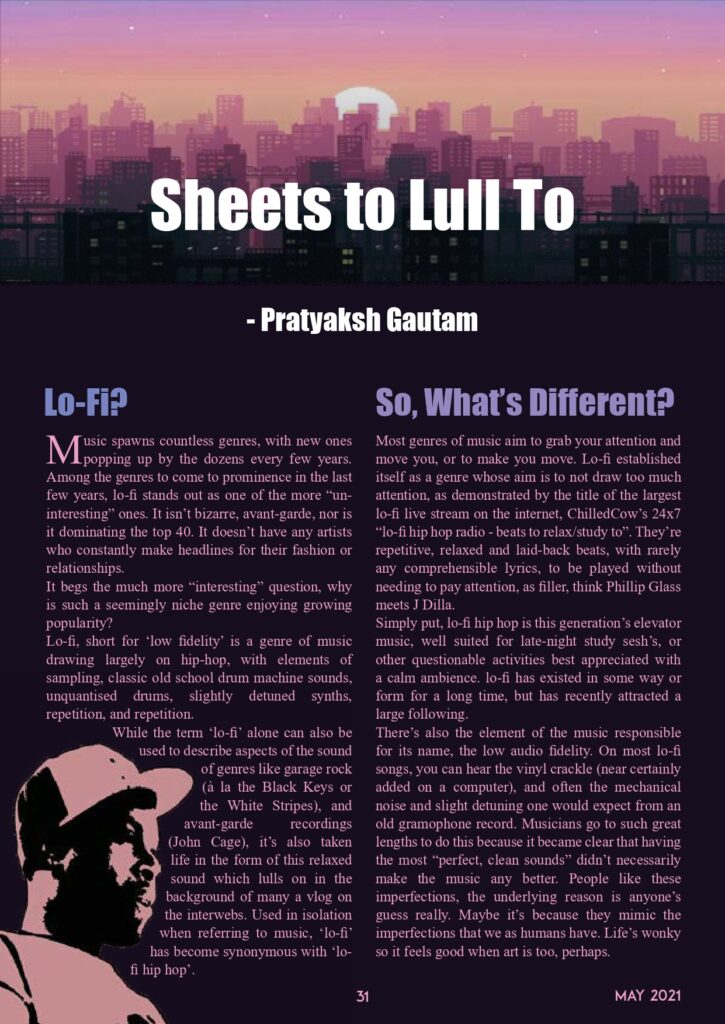
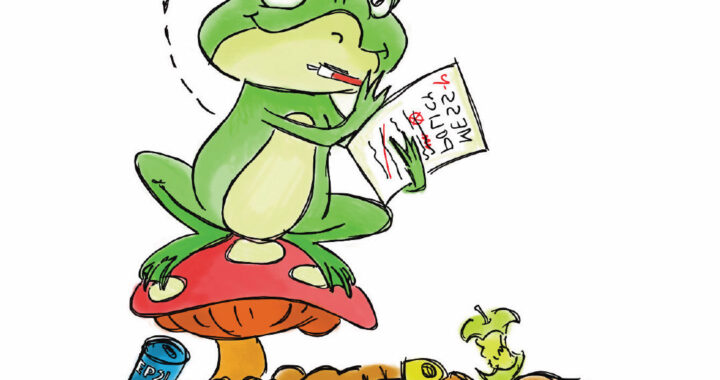 We Are So Cooked
We Are So Cooked  A CCC Response to ‘Campus Canine Affairs’
A CCC Response to ‘Campus Canine Affairs’  Campus Canine Affairs
Campus Canine Affairs 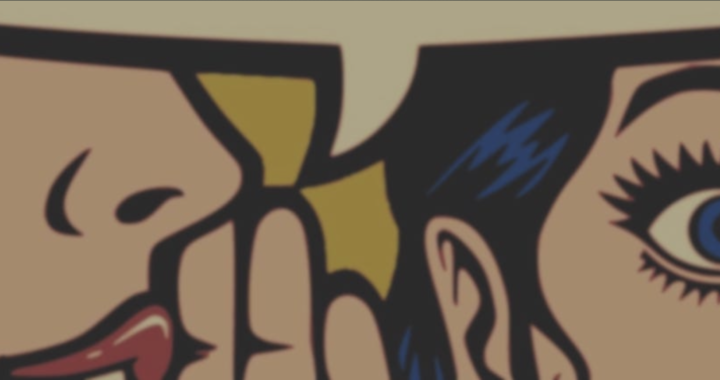 So Said UG1-F
So Said UG1-F 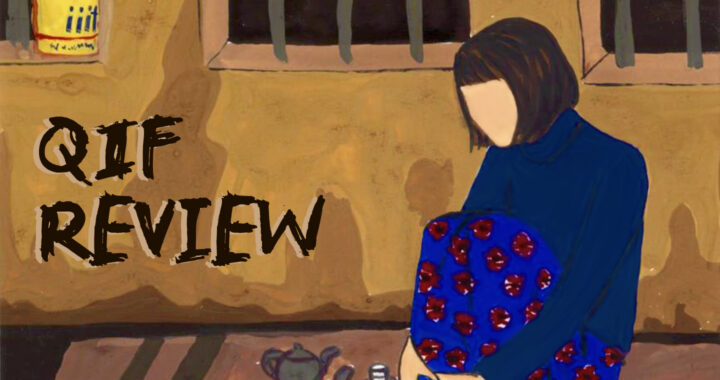 QIF Review: A peek into IIIT’s Quarantine Facilities
QIF Review: A peek into IIIT’s Quarantine Facilities  The First Inter-House Contest of the Year – Valorant
The First Inter-House Contest of the Year – Valorant 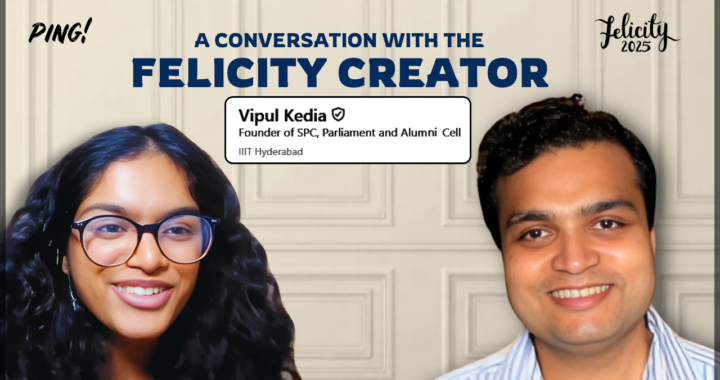 Vipul Kedia on building Felicity | The story of how it all began…
Vipul Kedia on building Felicity | The story of how it all began…  A perspective on sports in IIIT
A perspective on sports in IIIT 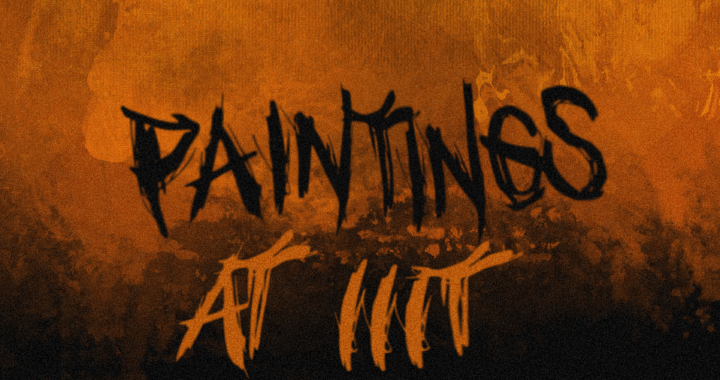 Paintings of IIIT
Paintings of IIIT 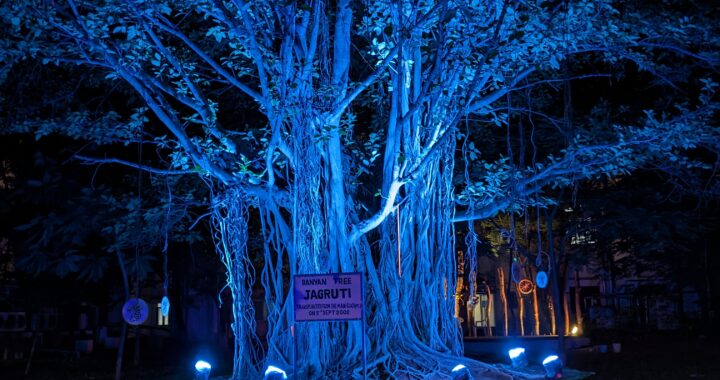 The Tale of Jagruti
The Tale of Jagruti
1 thought on “Sheets to Lull To”
Comments are closed.